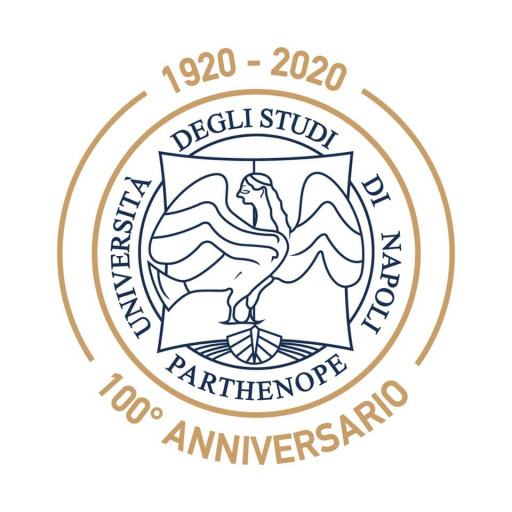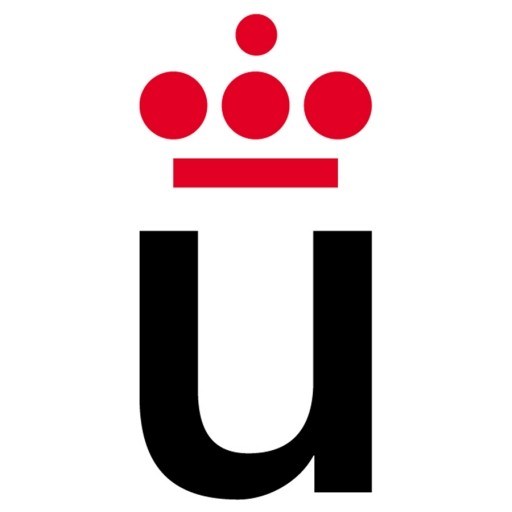Photos of university / #charlessturtuni
This Graduate Certificate in Organisational Change application is developed for managers who are searching for specific skills and knowledge they can utilize as agents of change. With a solid workplace focus, this course provides managers the prospect for significant livelihood enhancement together with skills readily pertinent to professional careers.
Program Content for Organisational Change at Charles Sturt University
The Master of Organisational Change at Charles Sturt University is designed to equip students with the essential knowledge and practical skills needed to lead and manage change within contemporary organizations. This comprehensive program explores the theories, frameworks, and methodologies used to facilitate change processes in diverse organizational contexts, including businesses, government agencies, and non-profit organizations.
Throughout the course, students will examine the fundamental concepts of organizational development, change management, leadership, and strategic renewal. The curriculum emphasizes both the theoretical underpinnings and real-world applications of change initiatives, allowing students to develop critical thinking and problem-solving skills required to analyze complex organizational challenges.
Key topics covered in the program include strategic planning and change management, stakeholder engagement, communication strategies, ethical considerations, and the use of technology in implementing change. Participants will learn about the different models of change, such as Lewin’s Change Management Model, Kotter’s 8-Step Change Model, and others, to understand how these frameworks can be customized to suit specific organizational needs.
The program also focuses on developing leadership capabilities, with an emphasis on transformational and adaptive leadership styles that foster innovation and resilience in organizations. Students are encouraged to assess organizational culture and dynamics, identify barriers to change, and design effective interventions that promote sustainable improvement.
Practical components of the program include case studies, group projects, and industry placements, which enable students to apply theoretical knowledge in real-world scenarios. This experiential learning approach helps students build confidence and competence in managing resistance, fostering team collaboration, and evaluating the success of change initiatives.
Additionally, the program emphasizes the importance of ethical decision-making and social responsibility within the context of organizational change. Students will explore contemporary issues such as diversity and inclusion, digital transformation, and organizational sustainability, ensuring they are prepared to lead change ethically and responsibly.
Graduates of the Master of Organisational Change will be well-equipped to pursue leadership roles across various sectors, including human resources, consultancy, project management, and executive management. They will have the advanced skills to influence organizational culture, implement strategic change initiatives, and drive continuous improvement in their workplaces.
Overall, this program provides a solid foundation in the principles and practices of organizational change, preparing students to become effective change agents who can navigate the complexities of modern organizational environments and contribute to their organization’s long-term success.
- Under graduate level or equivalent qualification
- Plus 3 years' job experience. Students with no eligibility should possess 5 years' appropriate work experience.
The Charles Sturt University offers various financing options for students enrolled in the Organisational Change program, designed to support diverse student needs and facilitate access to quality education. Prospective students can explore government-funded schemes such as FEE-HELP, a loan program that assists eligible domestic students in paying their tuition fees. This enabling scheme allows students to defer payment until they are earning above the specified income threshold, thereby reducing immediate financial pressure and making higher education more accessible. Additionally, some students may qualify for state or territory scholarships, grants, or bursaries that can provide financial assistance either directly towards tuition costs or related study expenses.
For international students, Charles Sturt University offers different payment plans and scholarship opportunities. International students are usually required to pay tuition fees upfront, but the university provides installment options to ease their financial burden. Scholarships open to international students may include merit-based awards and regional study grants, which can significantly reduce the overall cost of the program. Furthermore, students may also explore external funding options such as private loans or sponsorships from organizations or employers interested in developing their expertise in organisational change.
The university sometimes partners with financial institutions to offer student loans and financial advisory services to help students plan their finances effectively throughout their studies. In addition, students are encouraged to investigate possible part-time work opportunities, both on and off-campus, to support their living costs and reduce reliance on loans.
Overall, the financing programs at Charles Sturt University for the Organisational Change program are designed to ensure that students have access to flexible payment options, financial aid, and support services to help them successfully complete their degree without undue financial stress. This comprehensive approach to student financing underscores the university's commitment to promoting equitable access to higher education and supporting student success across diverse financial backgrounds.
The Master of Organisational Change at Charles Sturt University is a comprehensive postgraduate program designed to equip students with the skills and knowledge necessary to manage and lead change within various organizational contexts. This program addresses the growing need for professionals who can effectively facilitate transformation initiatives that align with both strategic goals and operational efficiencies. Students explore a range of topics including change management theories, leadership strategies, communication processes, and the social dynamics involved in organizational transformation. The curriculum combines theoretical frameworks with practical applications, enabling graduates to develop innovative solutions to complex change challenges in diverse industries such as healthcare, education, government, and private enterprise. Coursework often involves case studies, group projects, and real-world simulations to enhance experiential learning and prepare students for leadership roles. The program emphasizes the development of critical thinking, problem-solving, and interpersonal skills, which are essential for managing resistance, fostering stakeholder engagement, and sustaining change initiatives over time. Additionally, students may have opportunities to specialize in areas like strategic planning, digital transformation, or human resources, depending on their career aspirations. The degree typically offers flexible study options, including online or blended learning formats, to accommodate working professionals. Graduates of the Master of Organisational Change are well-positioned to pursue roles such as change manager, HR consultant, organisational development specialist, or leadership coach. The program aligns with industry standards and is developed in consultation with leading experts and practitioners, ensuring relevance and practical utility. Overall, this degree aims to prepare students to become effective change agents capable of leading organizational improvements that generate tangible benefits for their organizations and communities.










